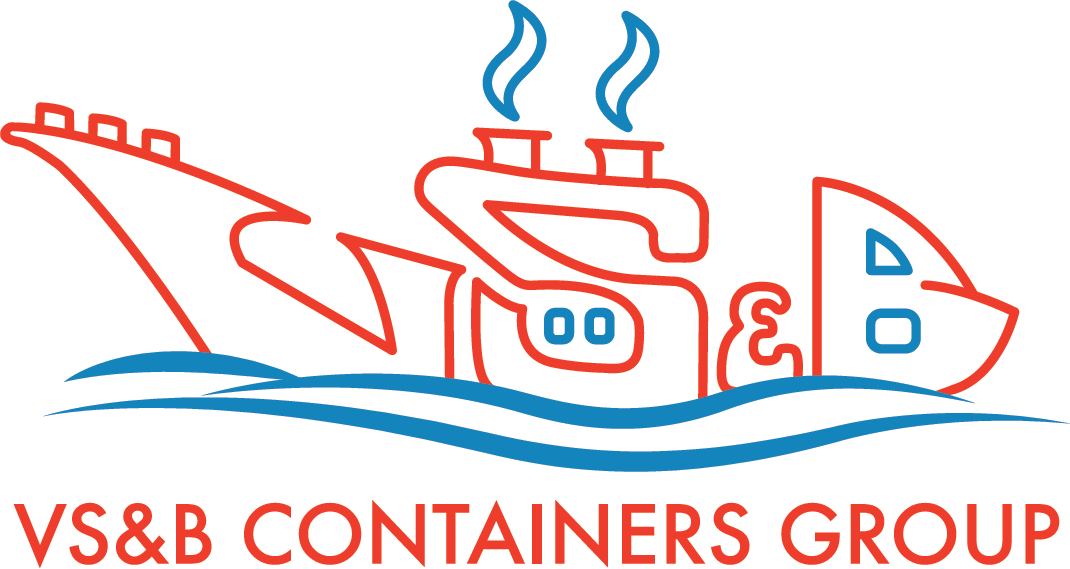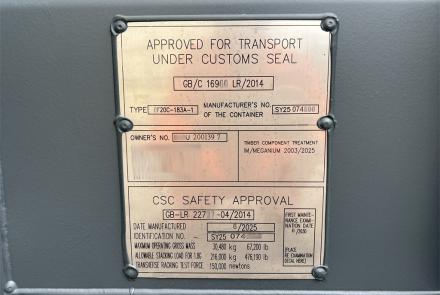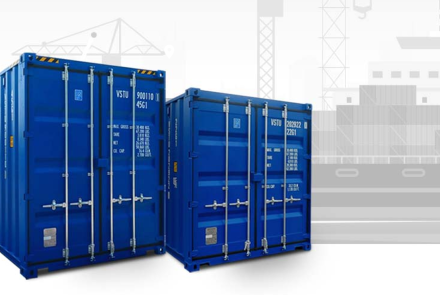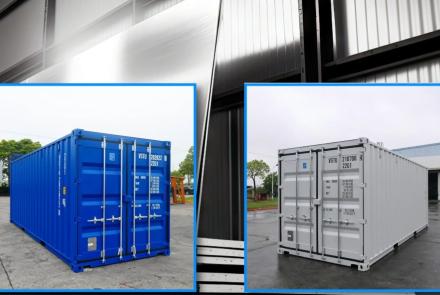Post-COVID-19 tips for Human Resource in supply chain management

Covid-19 pandemic emerged almost a year back and continues to spread its wings despite several control measures put in place early on. Latest reports suggest that Europe is witnessing a second wave after it was believed the disease was largely brought under check in the continent. The pandemic and its aftermath have dislocated normal life and ushered in challenges where we have to examine new ways of living with the risks, while not disrupting the way people have gone about their daily lives.
In a world that’s increasingly dependent on goods and services, the importance of companies running supply chain logistics assumes great value. These companies are the prime movers of goods that satisfy people’s needs ranging from basic agricultural products to high-end luxury.
Let’s look at the consequences of Covid-19 on supply chain logistics and how this has impacted Human Resource personnel who are working overtime to find innovative solutions to address issues at workplaces.
Covid-19 has struck the entire gamut of the supply chain logistics industry in multiple ways. Activities related to this industry, like container trading and container leasing process have also taken a hit. Some of the challenges that logistics companies face in the aftermath of the pandemic:
⦁ Ensuring that safety protocols are implemented effectively to protect drivers, delivery personnel and all related employees.
⦁ Fluctuating demands have left employees either working overtime or without any work.
⦁ Job layoffs arising from failing business and poor cash flow.
In an atmosphere where HR personnel have to cope-up with recruitment and staff well-being, the present circumstances have added to their challenges.
Social distancing and unemployment are the present realities, and this is where HR personnel have to implement new methods to maximize efficiency and productivity while keeping up employee morale.
While the pandemic is yet to be brought under check, low self-esteem among employees come to the attention of HR managers who have to view the situation with compassion, support and receptiveness.
Amidst the prevailing situation, optimism is beginning to surface gradually as it becomes evident that every resource in logistics plays an important role in the smooth movement and delivery of goods and services resulting in customer delight – which is the primary aim of all business firms. For instance, the role and demand for drivers will continue to assume greater importance. Newer technology will usher in speed and convenience together with the creation of new positions to manage these processes. The logistics industry for its smooth functioning is also dependent on container trading, container leasing, used and new containers. HR has a crucial role to play and protect the livelihood of all people dependent on the logistics industry – directly or indirectly, like the container trading business cited here.
In the middle of these transitions taking place, HR managers have new opportunities to navigate this path and arrive at solutions to benefit companies and employees. New policies and training programs implemented will substantially boost staff productivity, confidence and earnings. Enhanced job skills which the staff acquire will benefit their marketability to make them more qualified to compete in an ever-challenging job market.
The post-Covid-19 scenario presents unique challenges to HR managers to overcome health concerns of company personnel. A few of them are:
⦁ Sanitation policy: In supply chain process, freight goes through different hands till it arrives at the final destination. At every point of contact, employees should be aware of safety precautions to ensure health and wellbeing. Wearing masks, maintaining social distancing and ample open space between work stations should be practiced.
⦁ Communication: This is vital to the life-blood of any organization. Particularly in difficult times, smooth and open communication between HR managers and company employees will eliminate misgivings and herald a well-oiled network that works in harmony.
⦁ Recruitment: The job market should be tapped through references and advertisements to fill vacancies. The economic crises has left many people jobless who are otherwise valuable resources to organizations. Job profile should clearly outline the responsibilities that come with the job, the benefits and growth prospects.
⦁ Onboarding process: Online boarding procedures should be considered to minimize health risks to existing employees. Communication with HR managers during the boarding process can be managed with modern video-conferencing tools that work well with a laptop and internet connection.
Innovation, patience and an ear to listen with compassion are the key to success in life. This assumes greater importance particularly during the unprecedented times we are passing through. Those who manage to stay afloat now will come out victorious and usher in a new world of win-win situation for all stakeholders.
- Log in to post comments






